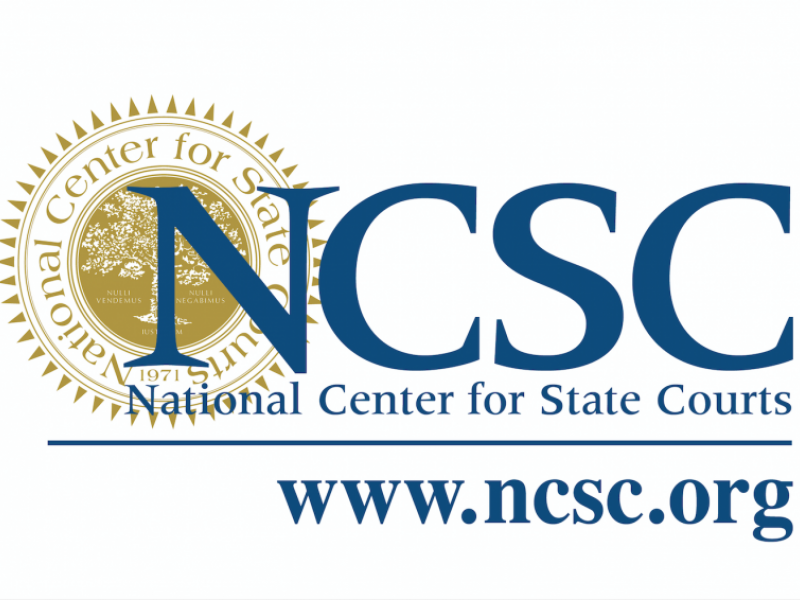
Document Author(s):
Year Published:
Topics:
State:
Region:
Tags:
Paper: Non-Lawyer Legal Assistance Roles (Clarke 2015)
The Utah Supreme Court has created a committee to study the possibility of creating a limited license legal technician - or something along those lines - in Utah. Their report is due out at the end of November. As part of the committee's work, Tom Clarke of NCSC (and co-author of the Roles Beyond Lawyers Preliminary Evaluation and Classification Frameworks (pdf)) was asked to write a white paper about non-lawyer assistance. That report is public, and available on-line. In the paper, when exploring design considerations for courts, Clarke writes in part:
New legal assistance roles can be designed in many different ways. Current programs have only scratched the surface and explored a few alternatives (basically, navigators, super paralegals, and real estate technicians). It is likely that further experimentation by other jurisdictions will reveal improved models for increasing access to justice in a safe and cost effective way. It is safe to say that, to date, existing programs have been severely constrained in design by local politics and available resources. That means they may diverge quite a bit from optimal designs if improved access to justice is the goal. As a community, we are so far from meeting the LSC access goal that fairly radical approaches will probably be needed to make a real difference. Incremental strategies like enticing a few more pro bono lawyers or adding a bit of funding to a legal aid program are unlikely to scale up to the magnitude of the crisis. Courts should also consider that such programs have focused on the supply side of the problem, as economists would say. The attention has been on providing additional services. It may be equally valid and sometimes more cost effective to also look at the demand side of the problem. That is, could courts design their processes and services differently to reduce both the need for legal assistance and the ability of potential litigants to surmount current barriers to access?
Recommended Citation: Thomas M. Clarke, Non-Lawyer Legal Assistance Roles, National Center for State Courts (2015).